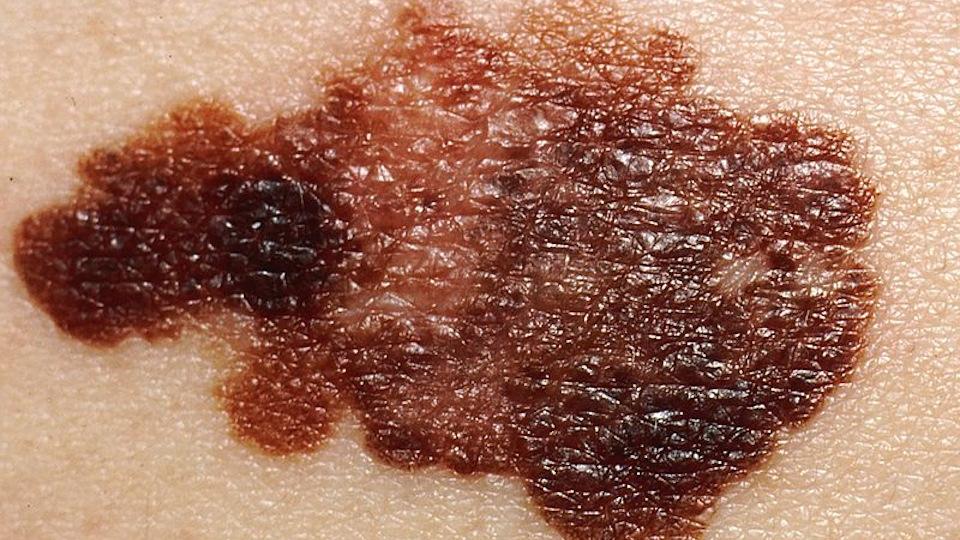MSD has another TIGIT programme setback

A phase 3 trial of MSD’s anti-TIGIT antibody vibostolimab and PD-1 inhibitor pembrolizumab has been abandoned after a high rate of discontinuations rendered the study futile.
The KeyVibe-010 study was looking at a co-formulation of experimental vibostolimab and pembrolizumab – the active ingredient in MSD’s Keytruda – as an adjuvant treatment for patients with high-risk melanoma treated with surgery.
The study, which included a control arm receiving Keytruda, was stopped after it became clear that there was a higher rate of discontinuations in the vibostolimab arm, mainly due to “immune-mediated” side effects.
That meant it was unlikely to show a statistically significant improvement in relapse-free survival (RFS), the study’s primary endpoint, said MSD, which is known as Merck & Co in the US and Canada. The company is unblinding the trial and offering all patients the option to switch to Keytruda alone.
Like PD-L1, TIGIT is thought to act as a molecular brake that stops T-cells from attacking tumours, and the hope is that it could extend the benefits of cancer immunotherapy to the sizeable proportion of patients who don’t respond to PD-1/PD-L1 inhibitors alone.
Last year, MSD revealed that the co-formulation – given either alone or in combination with docetaxel chemotherapy – also generated disappointing progression-free survival (PFS) results in the KeyVibe-002 study in patients with relapsed or refractory advanced non-small cell lung cancer (NSCLC).
MSD is still running several trials of vibostolimab, including four phase 3 trials in lung cancer indications, and these are not affected by the decision to halt KeyVibe-010, according to the company.
The TIGIT trail has proved to be a tricky one to navigate, with mixed results pretty common among the 20-plus candidates making their way through an industry pipeline that also includes Roche’s tiragolumab and Gilead/Arcus’ domvanalimab in late-stage testing.
Positive results in first-line lung cancer with tiragolumab and Roche’s PD-l1 inhibitor Tecentriq (atezolizumab) in phase 2 were followed by disappointments in two phase 3 studies, for example, although there was better news for the company at last year’s ASCO congress when it reported positive results in hepatocellular carcinoma (HCC).
For MSD, all eyes are now on KeyVibe-003, which is comparing the drug to Keytruda in previously-untreated PD-L1-positive NSCLC, as well as KeyVibe-006 and KeyVibe-007 looking at first-line use of the drug in combination with chemo in an all-comer NSCLC population. Data from those are due to appear from 2025 onwards.
The company is also running the KeyVibe-008 in previously-untreated small cell lung cancer (SCLC), which is due to read out next year.
“Through our clinical development programme, we continue to ask the tough questions in an effort to fully explore the potential of novel co-formulations and combinations that build on the foundation of Keytruda, with a goal to improve upon current standards of care and help even more patients with cancer,” said Marjorie Green, head of oncology, global clinical development, at Merck Research Laboratories.
Photo by Anwaar Ali on Unsplash













